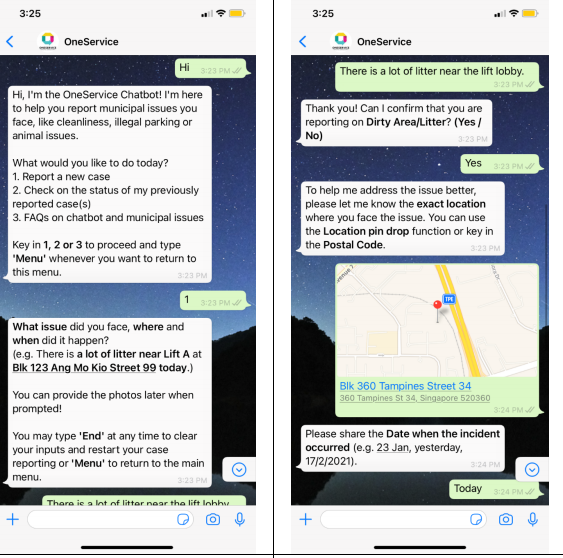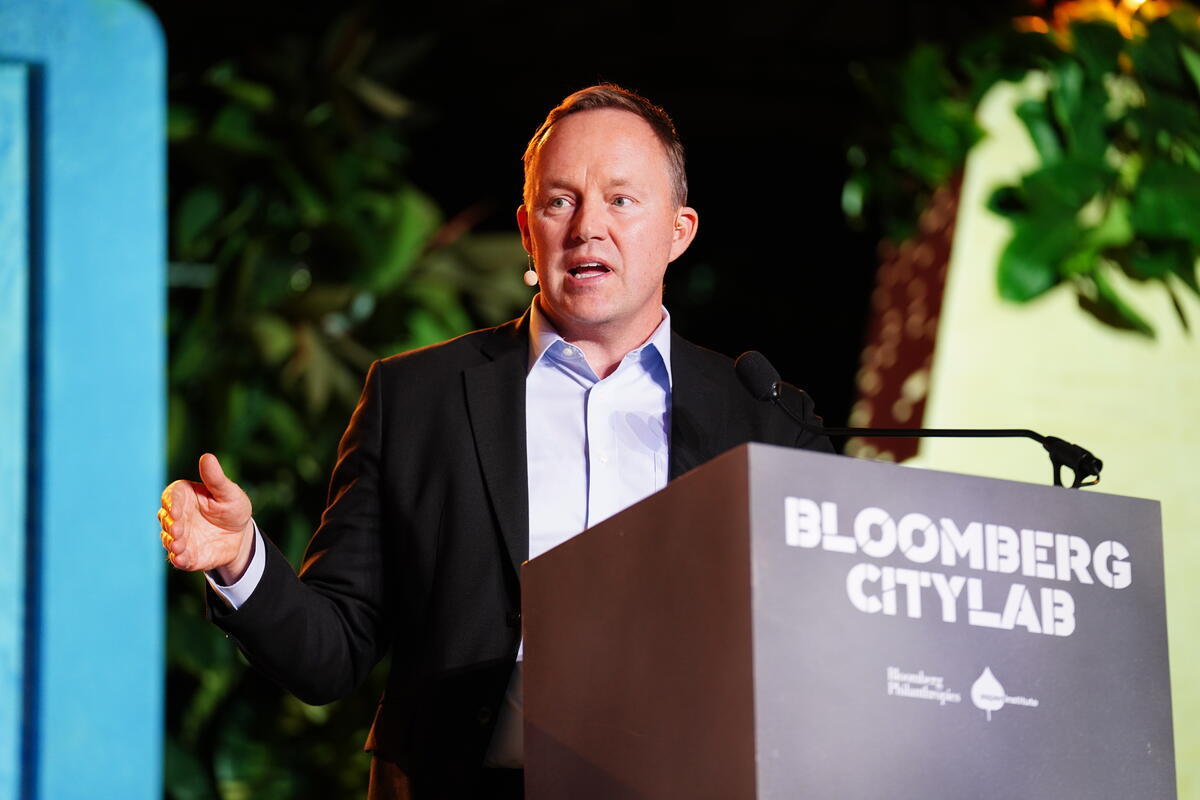
Photo: Wrightstudio | Dreamstime.com
Singapore’s chatbot categorises feedback with AI
15 July 2021
by Sarah Wray
Singapore’s Municipal Services Office (MSO) is making its OneService App for reporting issues such as broken lights and potholes available as a chatbot via WhatsApp and Telegram.
As a Beta version of the tool rolls out, the agency is also challenging the public to design the chatbot and give it a “personality” before the full launch.
The new solution, which was developed with Singapore’s GovTech agency and is powered by machine learning, will enable citizens to submit cases and provide additional information about them. It automatically analyses the feedback and categorises submissions by type, such as litter or illegal parking, and assigns them to the right department.
Watson Chua, Senior Data Scientist at GovTech, said: “In order to provide a quality living environment for residents, the Municipal Services Office needs to tackle municipal issues efficiently and effectively. However, this is often hampered by incomplete information from the residents reporting the issues, and the laborious effort required to manually analyse hundreds of cases each day to decide which agencies should handle them.
“We built a conversational chatbot which residents can report their issues to, and then use natural language processing and deep learning to automatically analyse the feedback. This enables the chatbot to request missing information required to resolve the issue from the user, and then route the case to the agency our deep learning model deems best to handle it.”
The chatbot was one of the initial projects outlined in Singapore’s National AI strategy which was published in 2019.

Training
The system was trained using data that has been collected and tagged in the OneService app, which launched in 2015.
The relevant details of the incident, such as location, address, when it occurred, etc. are automatically extracted for the user to approve.
To find the right agency to deal with the issue, the system also uses images and geolocation data submitted by the user. This includes an object detection model to look for items commonly associated with municipal issues such as cigarette butts, streetlights and drains.
At this stage, GovTech said the categoriser can predict the correct case type 80 percent of the time, while the case details recogniser has 85 percent accuracy.
After a small pilot, the app is now launching in Beta.
Image: | Dreamstime.com






